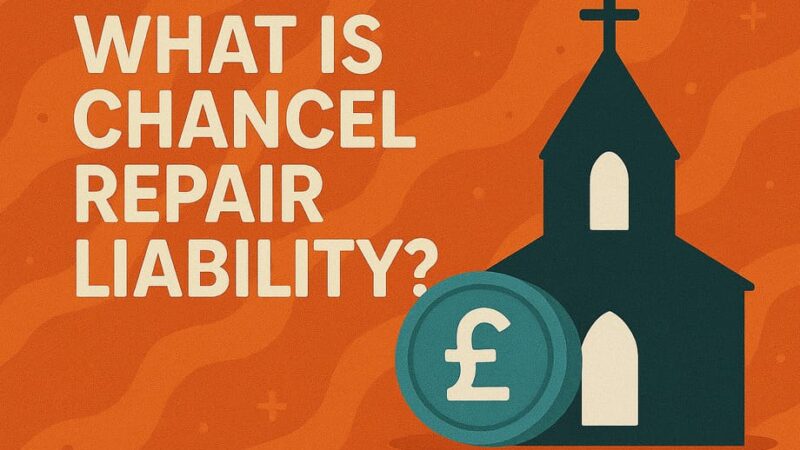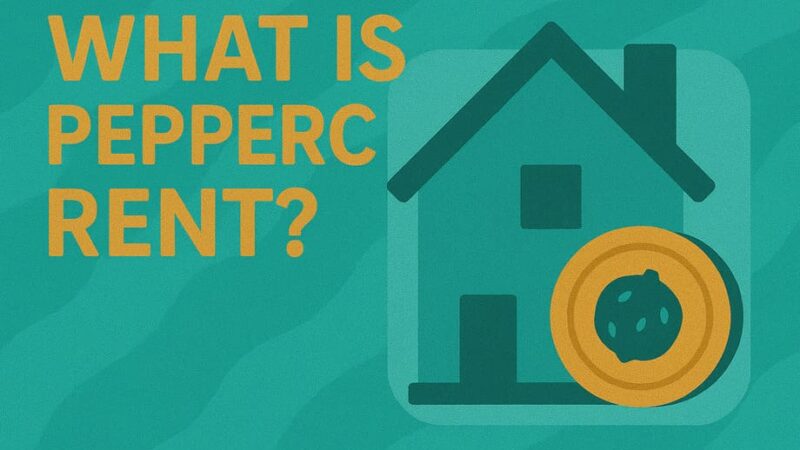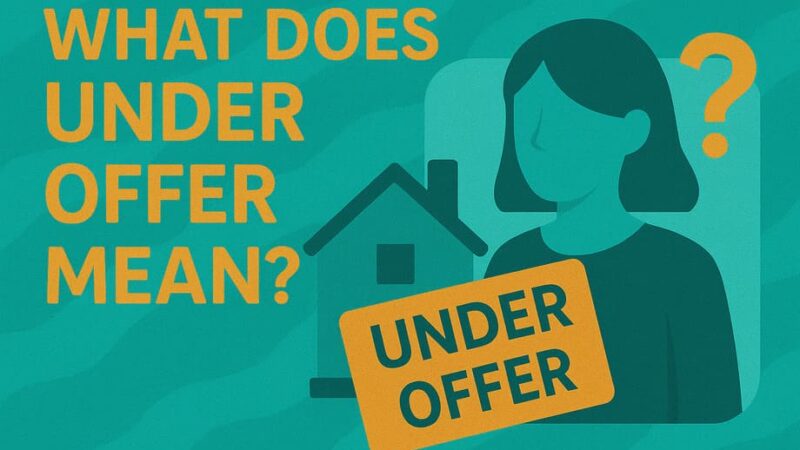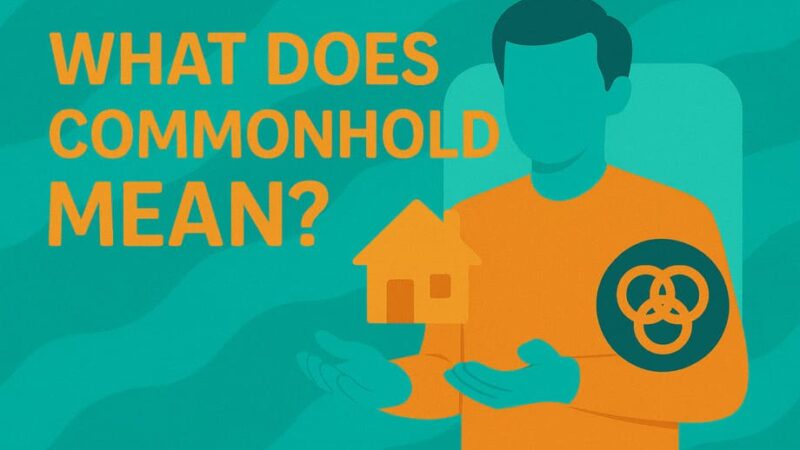What to Do When You Have an Emergency Plumbing Issue – A Quick Guide
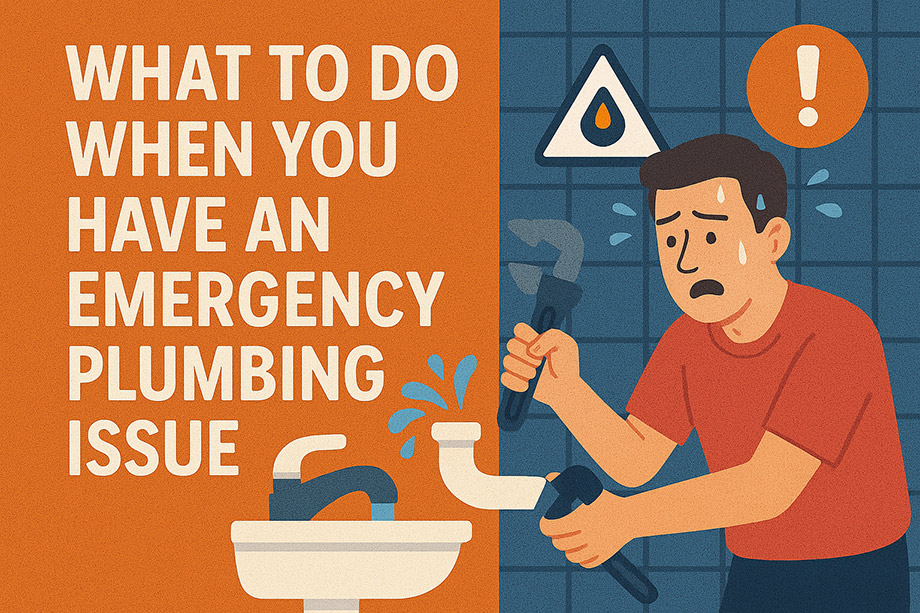
Plumbing emergencies can strike at the most inconvenient times, leaving you stressed and unsure of what to do next. Whether it’s a burst pipe flooding your home or a blocked drain causing unpleasant smells, knowing how to respond quickly and effectively can make all the difference. This guide will help you understand what steps to take when faced with an emergency plumbing issue, how to minimise damage, and when to call in the professionals.
Table of Contents
Why Immediate Action Matters in Plumbing Emergencies
When a plumbing emergency occurs, the situation can escalate rapidly. A leaking pipe can cause extensive water damage, mold growth, or even structural problems. Blocked drains can lead to bad odours and unsanitary conditions. Taking swift action not only helps protect your home but can also reduce repair costs. In the UK, where older properties may have ageing plumbing systems, being prepared is even more important.
Common Types of Emergency Plumbing Issues
Before diving into what you should do, it’s helpful to recognise the most common plumbing emergencies:
- Burst or leaking pipes
- Blocked or overflowing toilets
- Faulty or leaking boilers
- Water heater failures
- Overflowing sinks or baths
- No hot water or low water pressure
- Gas leaks (which require immediate attention)
Understanding these issues helps you act with confidence if they happen in your home.
7 Essential Steps to Take During a Plumbing Emergency
- Turn Off the Water Supply
The first and most crucial step is to stop the flow of water to prevent further damage. Locate your property’s main water shut-off valve, usually found near the water meter, under sinks, or in utility rooms, and turn it off immediately. - Turn Off the Heating System and Electrical Appliances
If water is leaking near your boiler, heating system, or electrical outlets, turn off the heating and electricity at the mains to avoid fire hazards or electrical shock. - Contain the Water and Protect Your Belongings
Use buckets, towels, or mops to contain the water and prevent it from spreading. Move furniture, rugs, and valuables away from the affected area. - Assess the Situation Quickly
Try to identify the source of the problem. Is it a burst pipe, blocked drain, or something else? This will help you explain the issue clearly when contacting a plumber. - Contact a Registered Emergency Plumber
Call a Gas Safe registered or trusted emergency plumber in your area. Make sure they offer 24/7 services as plumbing emergencies don’t keep office hours. - Document the Damage for Insurance Purposes
Take photos or videos of the damage caused by the plumbing issue. This documentation can be valuable when filing a claim with your home insurance provider. - Stay Safe and Wait for Help
Avoid contact with any water if you suspect it may be contaminated, and keep children and pets away from the affected area. Wait for the professional plumber to arrive and resolve the problem.
Pros and Cons of Handling Plumbing Emergencies Yourself
Pros
- Immediate Action: You can stop the water flow immediately, potentially reducing damage.
- Cost Saving: Avoiding a plumber’s call-out fee by handling simple tasks like shutting off the water.
- Calmness in Crisis: Taking steps yourself can help you feel more in control of a stressful situation.
Cons
- Limited Expertise: Without professional knowledge, you might miss underlying issues.
- Potential Safety Risks: Handling gas boilers or electrical components can be dangerous.
- Temporary Fixes: DIY solutions may only be temporary and cause further problems later.
- Incorrect Diagnosis: Misidentifying the issue can delay proper repairs.
While some emergency actions can be handled safely at home, it is almost always best to seek professional help for a thorough and lasting fix.
6 Tips to Prevent Future Plumbing Emergencies
- Regular Maintenance Checks
Have a qualified plumber inspect your pipes, boilers, and drains yearly to catch problems early. - Know Where Your Stopcock Is
Make sure everyone in the household knows where the main water shut-off valve is and how to operate it. - Avoid Putting Fat or Grease Down Drains
Grease hardens inside pipes and is a major cause of blockages. - Use Drain Guards
Install strainers in sinks and baths to catch hair and debris that might cause blockages. - Insulate Pipes
During winter, protect exposed pipes from freezing and bursting by insulating them. - Upgrade Old Plumbing
If you have an older property, consider upgrading old pipes or appliances to reduce risk.
Final Thoughts
Plumbing emergencies can be stressful and disruptive, but knowing what to do can make a big difference. The key is to act quickly by shutting off your water, keeping yourself and your family safe, and calling a professional emergency plumber. Taking preventive measures will reduce the chance of facing emergencies in the future and protect your home from costly damage.
Keep your plumber’s contact details handy, and ensure everyone in your household knows the basics of emergency plumbing action. Preparedness is the best defence against unexpected plumbing problems.
Last Updated on July 29, 2025 by James Cartwright


